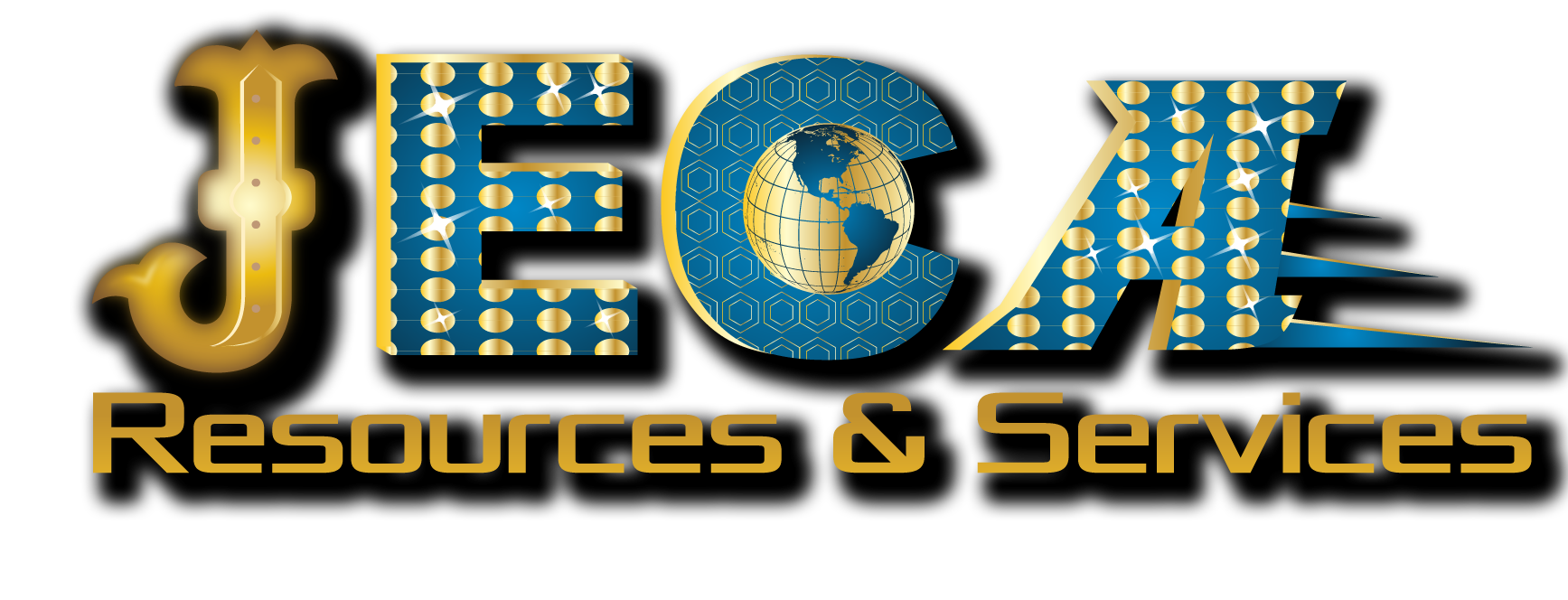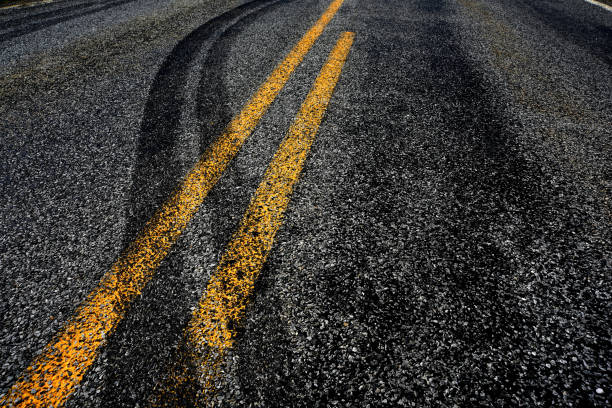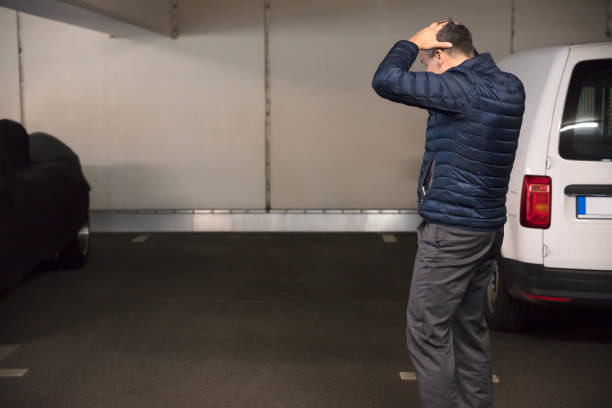Common Exclusions in Homeowner Insurance Policies:
As a homeowner, having insurance coverage is essential to protect your home and belongings from unforeseen events. Homeowner insurance policies provide financial protection against damages or losses caused by various perils such as fire, theft, and natural disasters. However, it's important to note that not all damages or losses may be covered under your homeowner insurance policy. Homeowner insurance policies often contain certain exclusions, which are specific situations or events that are not covered by the policy. In this article, we will explore What Are Common Exclusions in Homeowner Insurance Policies? So you can better understand what may not be covered and ensure you have adequate coverage for your home.

Water Damage Exclusions:
Water damage is one of the most common types of damage that homeowners may encounter. However, not all types of water damage are covered under homeowner insurance policies. Some policies may exclude water damage caused by floods, sewer backups, or gradual leaks. Floods, in particular, are typically not covered under standard homeowner insurance policies and require a separate flood insurance policy. It's important to review your policy to understand the specific water damage exclusions and consider additional coverage if needed.
Earthquake Exclusions:
Earthquakes are natural disasters that can cause significant damage to homes and properties. However, many standard homeowner insurance policies do not cover earthquake damages. If you live in an area prone to earthquakes, you may need to purchase additional earthquake insurance to ensure your home is protected. Earthquake insurance policies typically have their own set of coverage limits, deductibles, and exclusions, so it's crucial to review the policy carefully to understand what is covered and what is not.
Wear and Tear or Maintenance Exclusions:
Homeowner insurance policies are not designed to cover damages that result from normal wear and tear or lack of maintenance. For example, if your roof leaks due to age or neglect, it may not be covered by your policy. Similarly, damages caused by pests, such as termites or rodents, may also be excluded. It's important to regularly maintain your home and address any repairs or maintenance needs promptly to avoid potential coverage gaps.
Personal Liability Exclusions:
Personal liability coverage is an essential part of homeowner insurance policies as it provides protection against lawsuits or claims for bodily injury or property damage caused by you or a family member. However, there are certain exclusions to personal liability coverage. For instance, intentional acts, business-related activities, or injuries to household employees may not be covered. It's crucial to review your policy to understand the scope of your personal liability coverage and consider additional coverage if needed.
High-Value Items Exclusions:
Homeowner insurance policies typically have coverage limits for valuable items such as jewelry, artwork, or electronics. If the value of these items exceeds the coverage limit, they may not be fully covered by your policy. Some policies may also exclude certain types of valuable items altogether, such as rare collectibles or antiques. If you own high-value items, it's important to review your policy and consider additional coverage, such as endorsements or separate policies, to adequately protect these items.
Conclusion:
What Are Common Exclusions in Homeowner Insurance Policies? is crucial to ensure that you have adequate coverage for your home and belongings. It's essential to review your policy carefully. Including the fine print and exclusions, and consider additional coverage if needed. Consulting with a qualified insurance professional can also help you better understand your policy and make informed decisions about your homeowner insurance coverage. By being proactive and informed. You can protect your home and belongings from potential risks. And have peace of mind knowing that you have the right insurance coverage in place.















